
— “And why are you coming to me, not to your daughter — the one you registered the apartment for?!” I said, looking at my parents.
The Burden of Being "The Strong One"
Irina grew up a quiet, exceptionally self-contained child. She excelled academically, consistently bringing home top grades, yet her parents rarely attended parent-teacher meetings. In stark contrast, they were always in the front row for her younger sister, Olga’s, sporadic school performances—their video cameras rolling, their applause louder and more sustained than anyone else’s.
“Olga is our talented one,” their mother would declare with a proud, dismissive wave whenever Irina presented a flawless report card. “And you’re wonderful for managing so well on your own, dear.”
"Managing on her own"—that phrase became the unofficial motto of Irina’s life, a heavy, unspoken expectation she carried. When it was time to apply for university, a pivotal moment for any young adult, her parents simply shrugged, showing no real interest in the complex application process.
“You’re smart, you’ll figure the paperwork out yourself,” her father murmured, his eyes glued to his newspaper, never bothering to look up. His indifference was a quiet but sharp dismissal.
A year later, the contrast was painfully clear. They paid the hefty tuition for Olga’s enrollment in a prestigious, yet non-merit-based university program and immediately purchased a used, imported car for her.
“She has a very long commute, you see,” her mother explained airily when Irina, already settled nearby in a modest dorm room, inquired about the clear disparity, having to rely on two separate, slow city buses for her own transport. “And you live right near campus, in the dorm. It’s so convenient for you.”
Irina, conditioned by years of such treatment, didn’t argue or even press the point. She was profoundly used to it.
The Unspoken Divide
As the sisters transitioned into adulthood, their parents’ pattern of favouritism solidified, particularly concerning financial milestones. They decided to liquidate their assets, selling the family dacha (summer house) to help with housing. The entire proceeds went to the younger daughter, buying Olga a small one-room apartment on the city outskirts.
“Olga has children now—she simply needs it more,” her mother stated flatly over the phone, reinforcing the hierarchy of need. “And you’re renting a room; you’re stable for now, dear.”
Irina, twenty-eight years old, was still renting a single room in a crowded communal apartment, despite holding a stable job as an economist at a construction company. The salary was modest but reliable, and she was diligently trying to save for her own mortgage down payment.
“Mom, I want a place of my own, too,” Irina finally attempted to object, her tone mild but laced with years of suppressed longing.
“You’re strong—you’ll manage on your own. Olga simply can’t without us. She has two little ones, and her husband Denis’s work is constantly up and down.” The conversation was swiftly shut down. Irina hung up the phone and gazed out her window at the dreary, autumnal rain—a perfect reflection of her gray and cheerless mood.
Three grinding years passed. Irina eventually saved enough for the deposit, secured a mortgage, and purchased a tiny studio in an older apartment block. She undertook the exhaustive renovations herself during nights and weekends: hanging wallpaper, painting radiators, and laying laminate flooring, driven by a quiet, fierce determination. Her parents never once offered physical or financial help. Instead, their calls were filled with effusive updates about Olga and Denis's progress.
“Olga ordered a gorgeous new kitchen! Italian, no less!” her mother would gush. “Deniska’s earning incredibly well these days, not like before.” Irina would listen in silence, noting the stinging fact that her parents hadn't even inquired about her own solitary, arduous renovation work. It was as if she existed in a parallel reality where everything was eternally fine and the concept of needing assistance simply did not apply to her.
The Unexpected Arrival
The years continued to fly by. Irina transformed her studio into a cozy sanctuary, secured a better job, and advanced to become a department head. She lived alone, having dated but never found a partner. Her parents would occasionally drop vague hints about her needing to get married, but they took no active, meaningful interest in her actual personal life. Their conversations revolved exclusively around Olga—the grandchildren’s milestones, Denis’s latest promotion, and the younger sister’s upcoming seaside vacation plans.
Irina’s visits were rare—a couple of times a year—brief and formal. She’d bring small gifts, sit in their kitchen for tea, and answer their cursory questions about work before her mother inevitably commandeered the conversation back to the golden topic of Olga.
“Olga just bought a new car,” her mother announced one day, meticulously stirring sugar into her tea. “On credit, of course, but it’s an absolute necessity with the children.”
“That’s good,” Irina replied neutrally.
“And when, dear, will you finally buy a car?”
“I’m not planning to. The subway is right nearby and is very convenient.” Her mother merely shook her head, as if Irina had voiced a frankly ridiculous notion.
Then, one autumn evening, after the streetlights had come on, the phone rang. It was her mother, her voice sounding unusually tired and brittle.
“Ira, your father and I need to come over. Just for a little while,” she requested.
“When?”
“Tomorrow evening. Is that all right?” Irina hesitated, a second-long pause that felt monumental. Her parents had never habitually stayed at her place. They usually preferred neutral ground or their own home.
“Of course, come,” Irina said, a ripple of unease moving through her.
“Thank you, dear.” Her mother hung up. Irina stared at the phone. Something was definitely wrong; her mother's tone wasn't just tired, it was utterly broken.
The Storm Breaks
The next day, Irina meticulously prepared her apartment, changing the bedding on the small couch and buying groceries to make a proper dinner. That evening, the doorbell rang. Her parents stood there with two large travel bags. Her father looked alarmingly gaunt; her mother, pale and rigid with tension.
“Come in,” Irina gestured them inside. Her father silently went straight to the couch and sat down, while her mother lingered in the small kitchen, absorbing the surroundings.
“It’s very clean here,” her mother observed faintly.
“Thanks. I try to keep it that way.”
“It must be hard managing everything on your own?”
“I am managing,” Irina repeated the old, familiar phrase, feeling a faint, cold anger.
“What happened?” Irina finally asked as they sat across the kitchen table, the silence becoming suffocating.
Her mother let out a heavy sigh. “We had a fight with Olga. A very serious one.”
“We went to visit,” her mother began, her voice shaking slightly. “We just wanted to see the grandchildren. And there... Denis was terribly rude, the children were completely ill-mannered. And Olga wouldn’t listen to a single word. We’d try to offer advice, and she’d snap back instantly.”
“What was the argument about?”
“Everything!” Her mother’s voice rose sharply. “I simply told her the children should be studying, not glued to their phones. And she had the nerve to say it’s none of our business how she raises them! Denis actually told us to stop interfering! Can you even imagine?”
Irina nodded slowly, the familiar dynamic of an over-involved parent meeting resistance.
“We helped them! We bought them an apartment, supported them financially! And they threw us out!” Her mother's voice cracked.
“Threw you out?”
“Well, not literally. But Olga said we were ‘in the way’ and suggested it would be better if we lived separately for a while. So we came straight to you.”
A wave of pity washed over Irina as she saw the tears welling in her mother's eyes. “Fine. You can stay,” Irina said simply.
“Thank you, dear. We truly won't be long,” her father chimed in, now in the kitchen. “Just until we sort things out with Olga.”
The Truth Spoken
The second night, Irina woke to the low murmur of voices from the kitchen. Her parents were talking about Olga.
“Ungrateful,” her father was saying. “Our whole lives for her, and she treats us like this…”
“Denis spoiled her,” her mother added sadly. “She used to be different.”
Irina lay in the dark, a hollow ache in her chest. She was hearing the same words, the same familiar pain, but directed at a different daughter. Olga, once the cherished ideal, was now the source of their grievance.
The days blurred into a pattern: long, tension-filled silences punctuated by continuous, one-sided conversations about Olga. By the end of the week, her parents were fully settled. The bags were unpacked, her father had claimed Irina’s favourite armchair, and her mother had taken over the kitchen. Irina felt her limited personal space shrinking until it disappeared entirely.
One evening, exhausted from work, Irina listened as her mother launched into a familiar complaint about Olga being "always indulged."
“Olga was always coddled,” her mother sighed, pausing her vegetable slicing. “We should have been stricter. But you, Ira, you were always so self-sufficient. You never required our help.”
Irina froze, her teacup halfway to her lips. “Didn’t need it?” she repeated slowly, the years of silent resentment boiling over.
“Well, yes. You could always handle everything. And we focused on helping Olga.”
“Mom, I couldn’t handle everything. I desperately needed help too. You just never offered it.”
Her mother turned, the knife still in her hand. “What are you talking about?”
“Exactly what I said. When I applied to university, you didn't offer a single ruble of assistance. When I was looking for an apartment, you didn't even ask how it was going. But you bought Olga a place of her own.”
“Ira, Olga has children! She was in a greater need!”
“And I wasn’t?” Irina’s voice trembled with sudden, unrestrained emotion. “Am I not your daughter, too?”
“Of course you are!” Her mother dropped the knife. “You’re just strong. You always managed.”
“Because I had no other choice!” Irina’s voice rose to a shout. “You simply decided I would manage and completely washed your hands of my struggle!”
“Ira, don’t shout,” her father said, entering the kitchen. “We’ve always loved you both equally.”
“Equally?” Irina laughed—a harsh, empty sound. “Olga gets everything, I get nothing. Is that what equal means?”
Her father looked away, faltering. “We honestly thought you didn’t need—”
“You didn’t think! It was just convenient for you to believe that!”
Tears streamed down her mother’s face. “Ira, how can you say that? We are your parents!”
“Exactly! And where were you when I was renting a room in a roach-infested communal flat? Where were you when I did those exhausting renovations alone? Where were you when I was hurting?”
“You didn’t tell us you were hurting,” her mother whispered, defeated.
“Do I have to spell it out? Aren’t parents supposed to see for themselves?”
A suffocating silence descended. Her father finally spoke. “We’re sorry, Ira. We genuinely didn’t realize you took it so hard.”
“You didn’t realize,” Irina repeated, the full weight of her statement sinking in. “Because it was easier not to know.”
Emptiness and Liberation
Irina retreated to her bedroom, shutting the door. She sat on the bed, holding her head in her hands, allowing the muffled sound of her parents’ conversation to wash over her. For the first time in her life, she had articulated the decades of hurt. The floodgates had finally broken.
The next morning, the tension was palpable. “Ira,” her mother began during breakfast, “We’ve been thinking… maybe it’s time we left?”
“Where? Back to Olga’s?”
“No. Home. To our own place.”
“Didn’t you want to make up with Olga?”
“We do. But perhaps now is simply not the right time,” her mother said evasively.
“Mom, why did you come to me, specifically?” Irina pressed, needing the final, painful truth.
Her mother averted her gaze. “Because… well, you’ve always been… more understanding.”
“More convenient,” Irina corrected, her voice flat. “I was more convenient. I kept quiet, didn’t protest, and always accepted your decisions.”
“Ira, please don’t say that.”
“I have to, Mom. Because it’s the truth. You didn’t come because you missed me or wanted to help me. You came because Olga showed you the door, and I’m the one you knew couldn't say no.”
Her father looked up, his face etched with pain. “Irina, we’re your parents. Is it so terrible that we finally turned to you?”
“What’s terrible is that you turned to me only when you needed something. When I needed something, you were never there.”
That evening, Irina returned home to find her parents in the kitchen, their bags packed.
“Are you leaving?”
“Yes,” her father confirmed. “We decided it’s time.”
“Ira, forgive us,” her father said, his voice husky with genuine regret. “We truly didn’t understand how difficult it was for you. We just thought that if you were quiet, everything was fine.”
“It wasn’t fine, Dad. But I managed. Always.”
“We know. We are… we are proud of you.”
“I don’t want to be the ‘good girl’ who manages on her own anymore. I want to be a daughter whose parents simply help her without being asked.”
Her mother began to sob, moving awkwardly to hug Irina. “I am so sorry, sweetheart. We were terribly wrong.”
Irina didn't hug her back, only letting her mother hold her. Inside, she felt a profound, strange calmness. The difficult words had been spoken, the years of silent hurt finally acknowledged. Whether this honesty would heal anything, she didn't know.
Irina walked them to the door and waved goodbye. She closed the door and leaned against the frame. The apartment was quiet and empty again. But the emptiness felt different now. It wasn't loneliness—it felt like liberation.
News in the same category


My husband called me poor in front of the guests, but he didn’t know something.

Your parents won’t be attending the wedding,” said the future mother-in-law to the bride.

Your wife stole my necklace!” – Mother-in-law shouted. “She’s a thief! I’ll have her locked up!
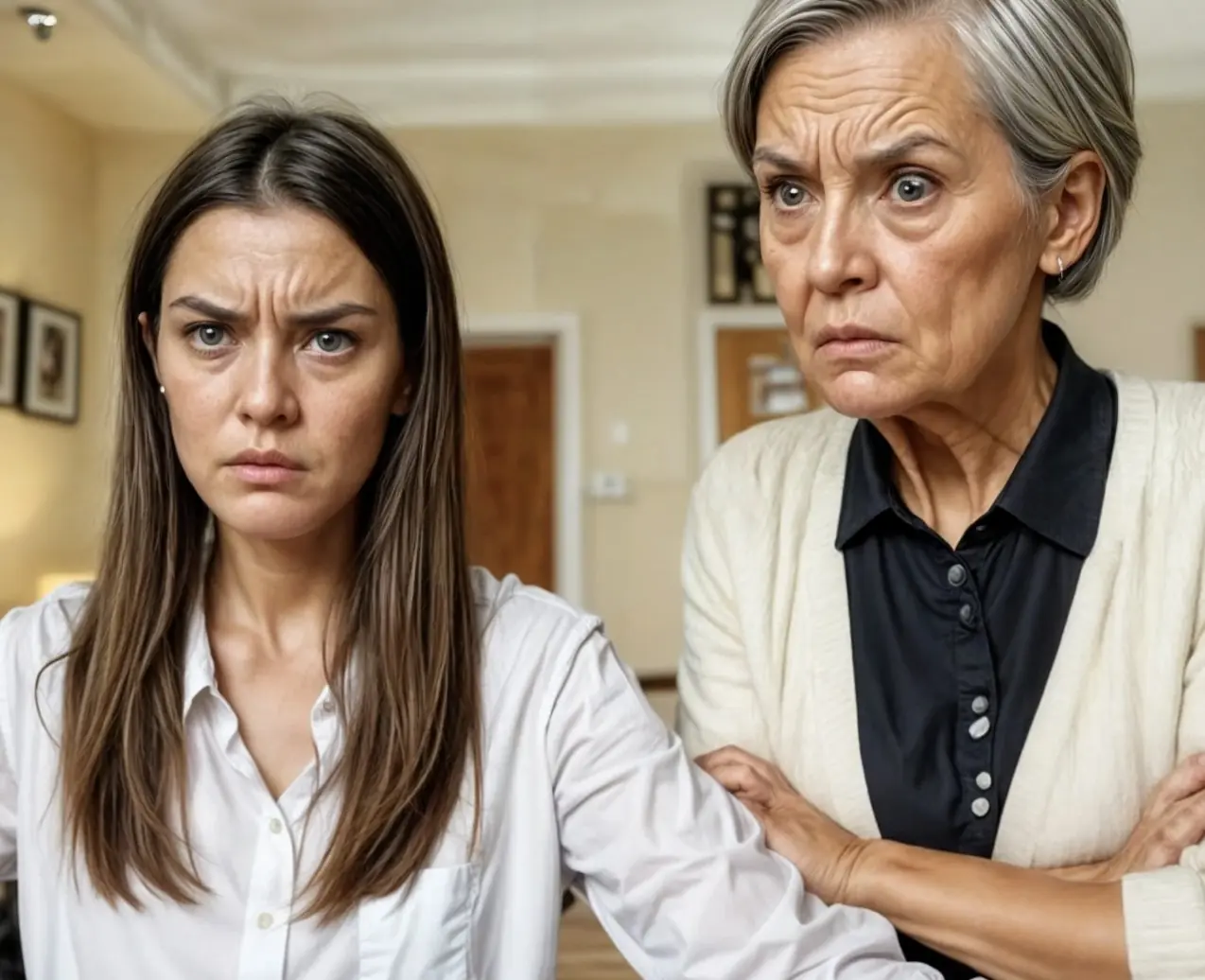
My salary is spent by me, Elena Viktorovna, and your son has a separate budget!” – the daughter-in-law retorted to her mother-in-law.

— They’re not my children,” screeched the aghast husband. “Lada, they’re… dark-skinned! Who did you pick them up from?

Decided to seduce the second son, too?” the mother-in-law screamed (upon discovering her daughter-in-law’s high-heeled shoes).

— So, sweetie, you’ll sell the summer house, give me the money, and I’ll pay off your husband’s debt, declared the mother-in-law as she looked at her daughter-in-law.

Having learned from the doctor that her mother-in-law’s discharge had been postponed for a week, the wealthy man’s wife sensed something was amiss and pleaded with the nurse to keep an eye on her husband…

Pack your things and get out!” declared Timur to his wife, though he had overlooked one detail
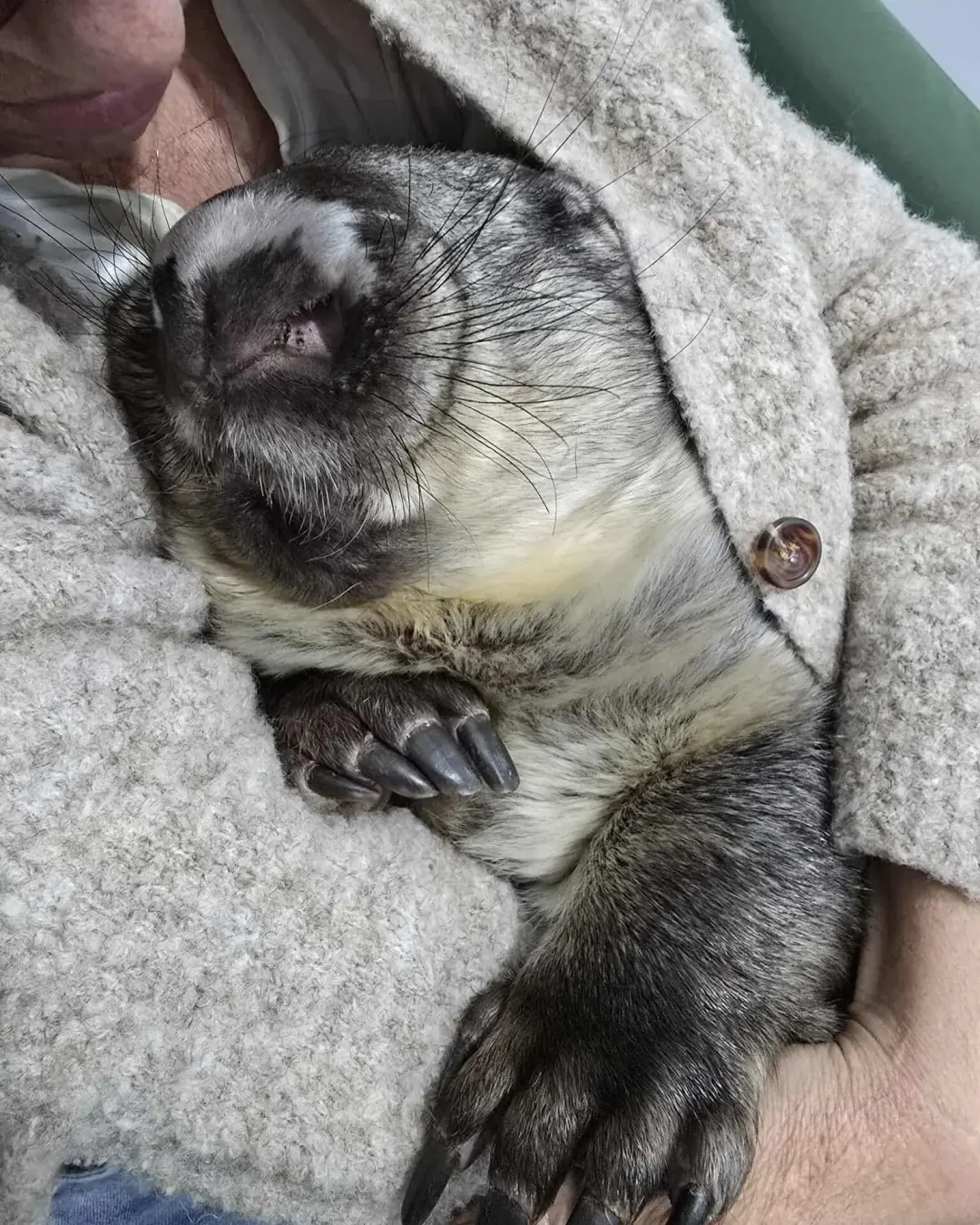
A Heartbreaking Goodbye: Remembering Beeper’s Final Journey
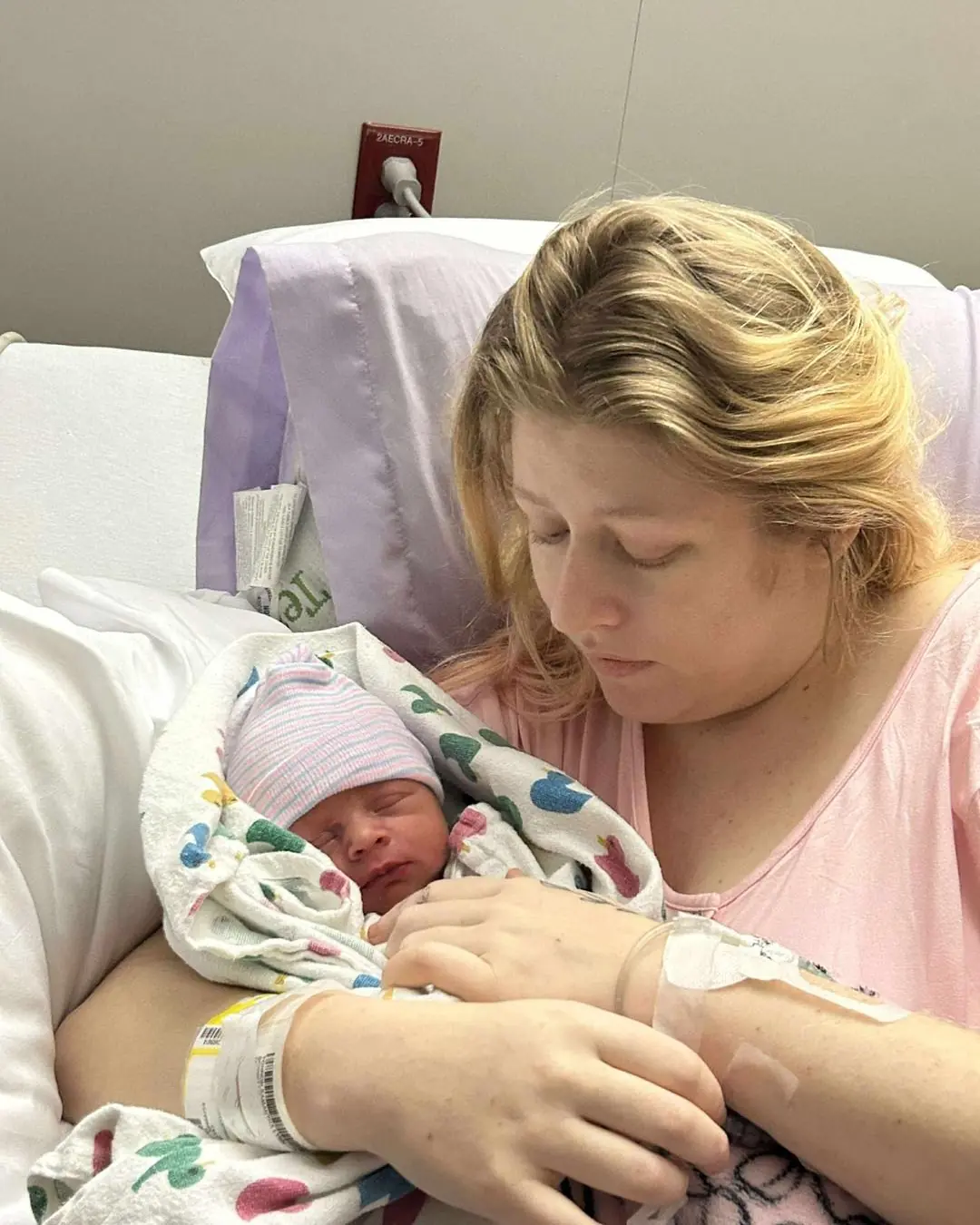
A Mother’s Battle: Fighting Cancer With a Newborn in Her Arms

A Life on Borrowed Time: Karolinka’s Fight Against Apert Syndrome

My Husband Spent Our Family Savings on a Car and a Trip to Paris for His Mother — So I Taught Him a Lesson He’ll Never Forget
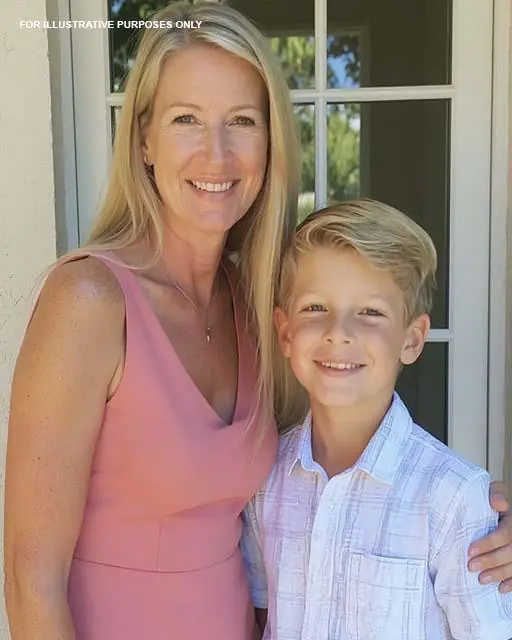
My Neighbor Spread Rumors That My Son Was Rude and Ill-Mannered — I Refused to Stay Silent and Put Her in Her Place
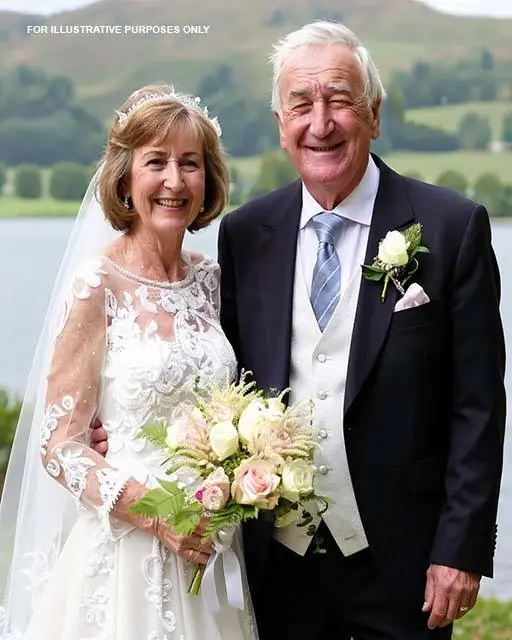
My Husband’s Adult Children Showed Up on Our Honeymoon Demanding Our Villa — They Ended Up Learning a Lesson in Respect

My Neighbor Egged My Car for Blocking His Halloween Display — I Made Sure He Paid and Never Messed With Me Again

My ex left his estate to me instead of his wife and kids – His reasons left me stunned
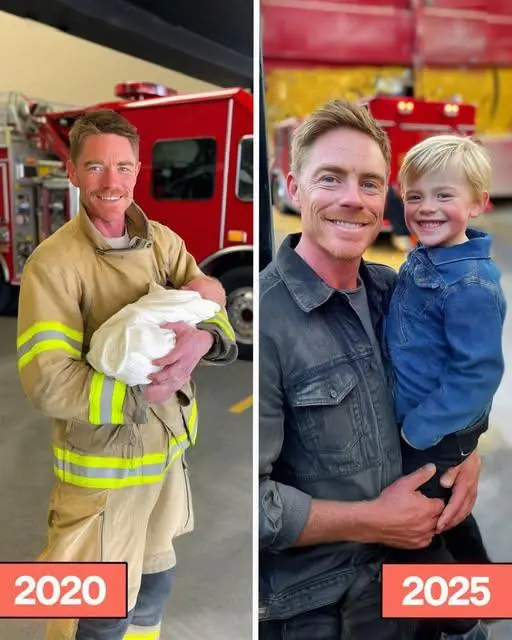
I Adopted a Baby Left at the Fire Station – 5 Years Later, a Woman Knocked on My Door & Said, ‘You Have to Give My Child Back’
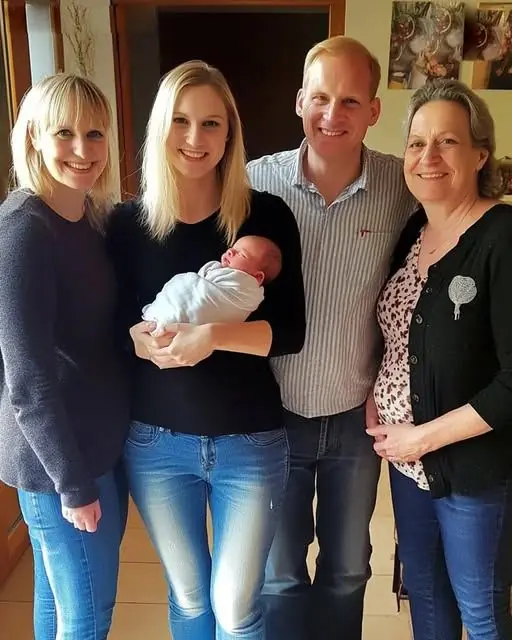
I Took My Grandma to Prom Because She Never Got to Go – But My Stepmom’s Cruel Plan Left Her in Tears
News Post

The Vietnamese Diet Habit That’s Damaging the Liver: A Silent Path Toward Fatty Liver, Cirrhosis, and Even Cancer

Apply This Simple Mixture — Even the Dullest Knives Will Become Razor-Sharp and Sparkling Clean

The Tiny Hole at the End of a Nail Clipper Has a Special Purpose — Most People Never Knew

Natural Tricks to Clean Rusty, Greasy Gas Stoves — Make Them Shine Like New

The Coffee-Drinking Habit That Cancer ‘Loves’: Why You Should Never Make This Mistake
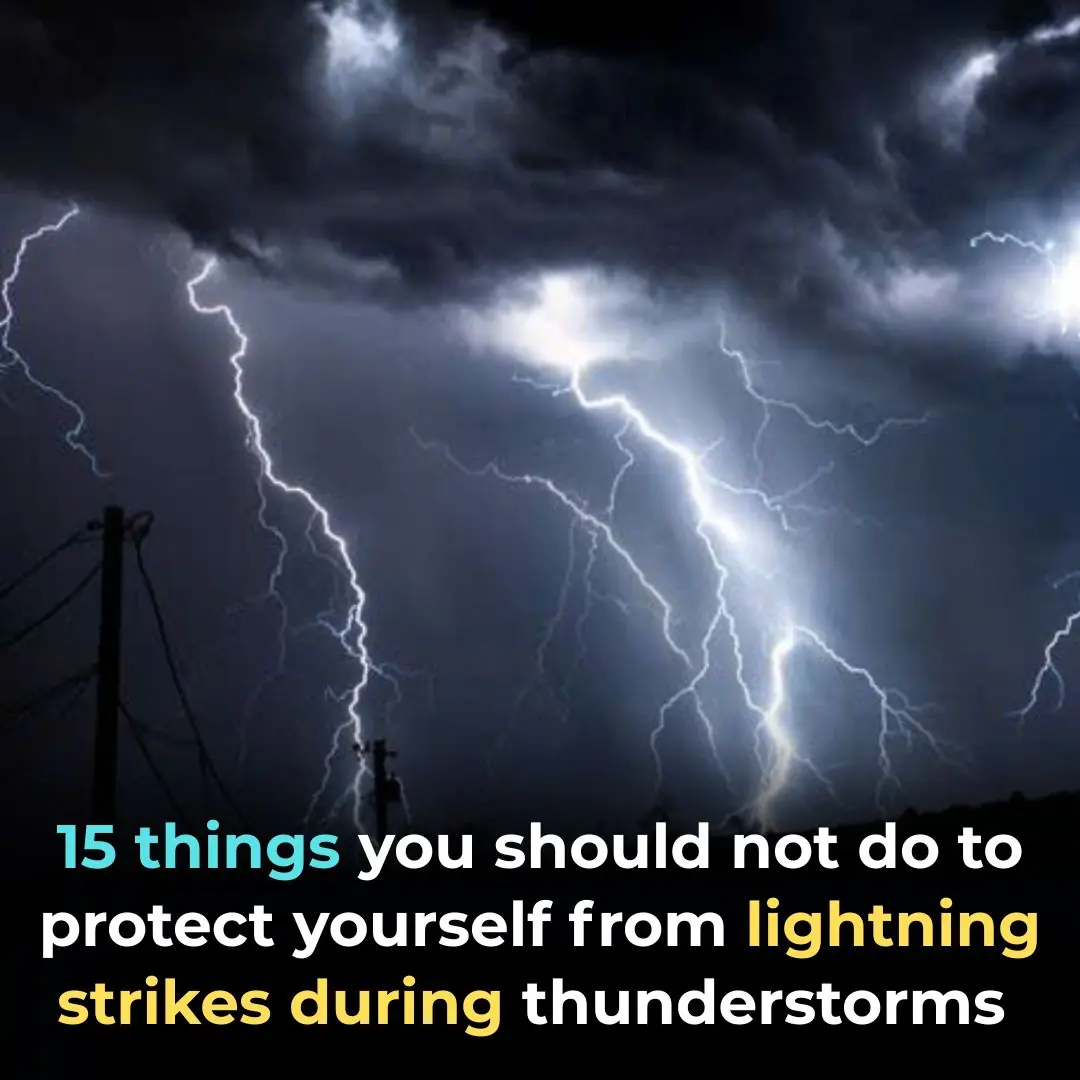
15 Things You Should Never Do During a Thunderstorm

8 Surprising Things You Can Do With Leftover or Expired Beer — You’ll Never Throw It Away Again!

Clear the apartment, I am the new wife of your husband, I will live here!” — a woman grinned and announced to me on the doorstep.

My husband called me poor in front of the guests, but he didn’t know something.

Your parents won’t be attending the wedding,” said the future mother-in-law to the bride.

Your wife stole my necklace!” – Mother-in-law shouted. “She’s a thief! I’ll have her locked up!

My salary is spent by me, Elena Viktorovna, and your son has a separate budget!” – the daughter-in-law retorted to her mother-in-law.

— They’re not my children,” screeched the aghast husband. “Lada, they’re… dark-skinned! Who did you pick them up from?

Decided to seduce the second son, too?” the mother-in-law screamed (upon discovering her daughter-in-law’s high-heeled shoes).

— So, sweetie, you’ll sell the summer house, give me the money, and I’ll pay off your husband’s debt, declared the mother-in-law as she looked at her daughter-in-law.

Having learned from the doctor that her mother-in-law’s discharge had been postponed for a week, the wealthy man’s wife sensed something was amiss and pleaded with the nurse to keep an eye on her husband…

Pack your things and get out!” declared Timur to his wife, though he had overlooked one detail

A Heartbreaking Goodbye: Remembering Beeper’s Final Journey

A Mother’s Battle: Fighting Cancer With a Newborn in Her Arms
